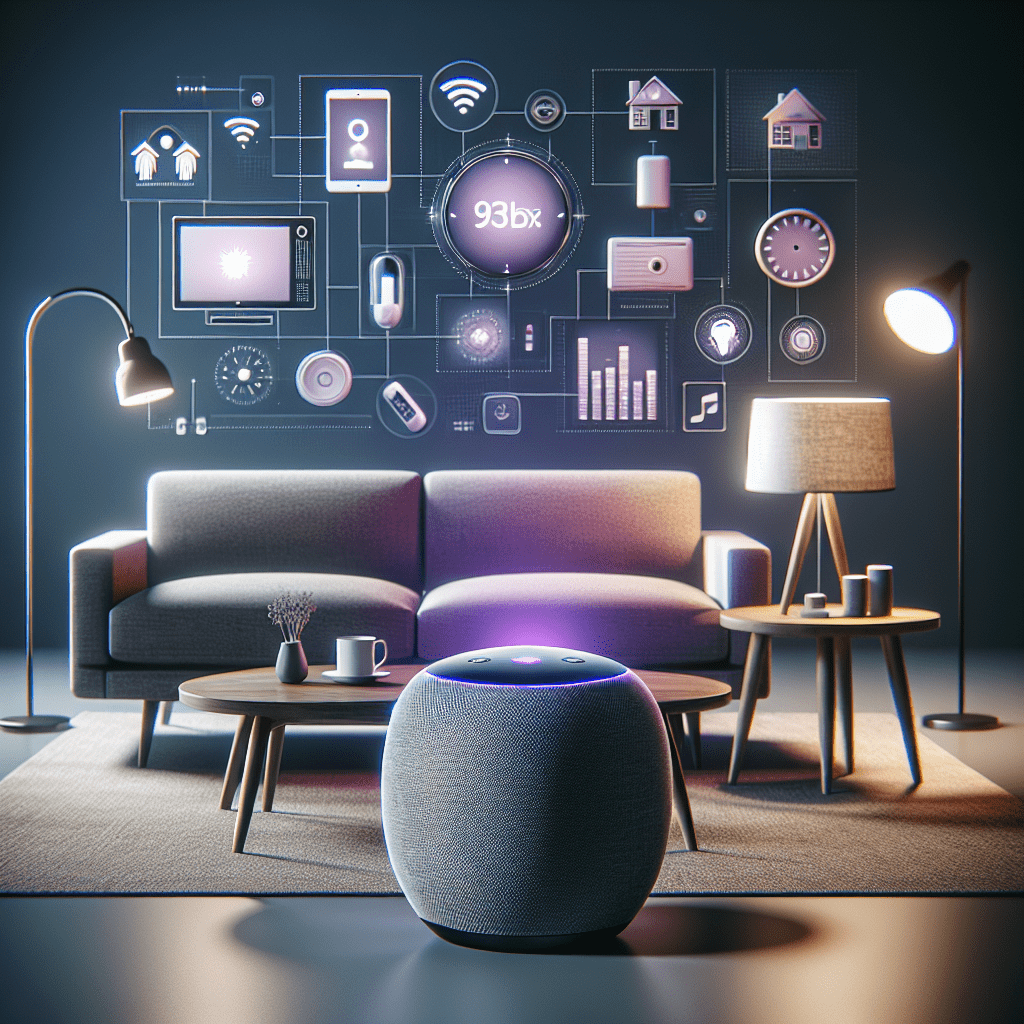In recent years, the popularity of voice-controlled homes has skyrocketed thanks to the introduction of smart speakers such as Amazon Echo, Google Home, and Apple HomePod. These devices have transformed the way we interact with our homes, making it easier than ever to control various aspects of our environment with simple voice commands. From adjusting the thermostat to playing music and even ordering groceries, smart speakers have become an integral part of modern living. In this article, we will explore how smart speakers are changing our lives and shaping the future of home automation.
The Benefits of Voice-Controlled Homes
One of the key advantages of voice-controlled homes is the convenience they offer. Instead of having to manually adjust every aspect of your home, you can simply use your voice to command your smart speaker to do the work for you. This can save time and effort, allowing you to focus on more important tasks or simply enjoy a more relaxed lifestyle.
Another benefit of smart speakers is their ability to integrate with other smart devices in your home. This means that you can create a fully connected ecosystem where all your devices work together seamlessly to create a more efficient and intuitive living environment. For example, you can set up routines that automatically adjust your lighting, temperature, and music preferences based on your daily habits and preferences.
The Rise of Artificial Intelligence
One of the key factors driving the popularity of voice-controlled homes is the advancement of artificial intelligence (AI) technology. Smart speakers use AI algorithms to understand and respond to natural language commands, allowing them to interpret complex requests and provide accurate and relevant information. This makes them more intuitive and user-friendly than traditional home automation systems, which often require a more technical understanding to operate.
With the rise of AI-powered smart speakers, we are seeing a shift towards more personalized and proactive interactions with our homes. For example, smart speakers can learn your preferences over time and anticipate your needs, making suggestions and adjustments to create a more customized experience. This level of personalized automation has the potential to revolutionize the way we interact with our homes and improve our quality of life.
Privacy and Security Concerns
Despite the many benefits of voice-controlled homes, there are also concerns about privacy and security. Smart speakers are always listening for their wake word, which means that they are constantly collecting data on your conversations and interactions. This data is typically stored in the cloud and used to improve the performance of the device, but it also raises questions about data privacy and potential security vulnerabilities.
To address these concerns, many smart speaker manufacturers have implemented privacy features such as mute buttons and encryption protocols to protect user data. It is important to be aware of these features and take steps to secure your devices and data to minimize the risk of unauthorized access or data breaches.
Conclusion
The rise of voice-controlled homes and the popularity of smart speakers are reshaping the way we interact with our living environments. With the convenience and flexibility of voice commands, we can easily control various aspects of our homes and create a more personalized and efficient living experience. As AI technology continues to advance, we can expect to see even more sophisticated and intelligent interactions with our homes in the future.
FAQs
Q: Are smart speakers secure?
A: Smart speaker manufacturers have implemented privacy features to protect user data, but it is important to be aware of potential security vulnerabilities and take steps to secure your devices and data.
Q: Can smart speakers be used to control other smart devices?
A: Yes, smart speakers can be integrated with other smart devices in your home to create a fully connected ecosystem that works together seamlessly to automate various tasks and routines.
Q: How do smart speakers use artificial intelligence?
A: Smart speakers use AI algorithms to understand and respond to natural language commands, allowing them to interpret complex requests and provide personalized and proactive interactions with users.
TIP:
Ensure to update your smart speaker’s software regularly to benefit from the latest features and security enhancements.
#Rise #VoiceControlled #Homes #Smart #Speakers #Changing #Lives
